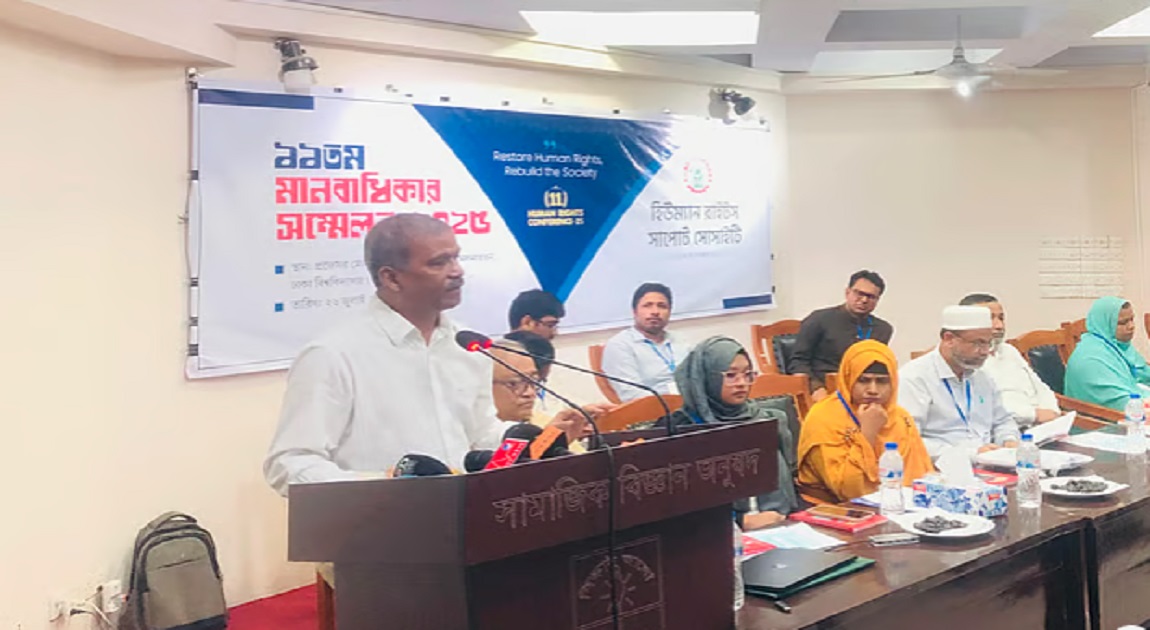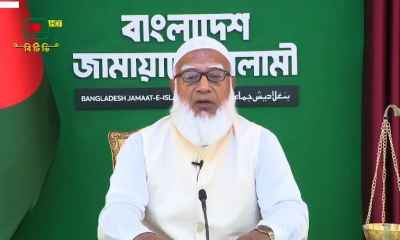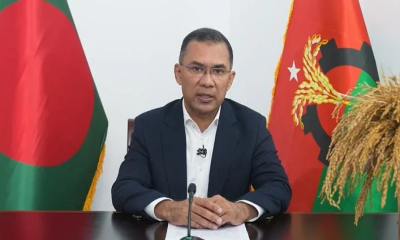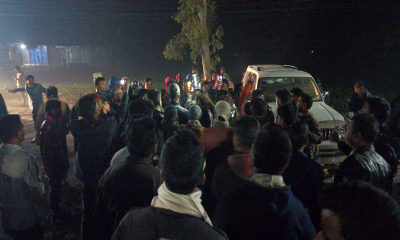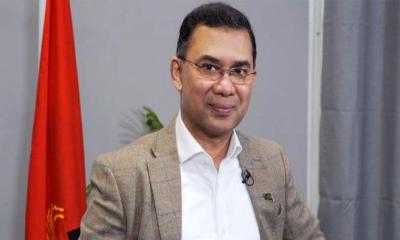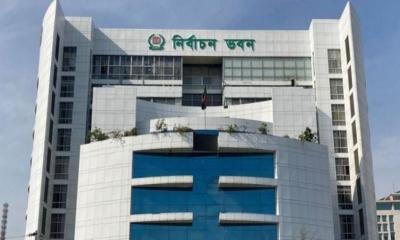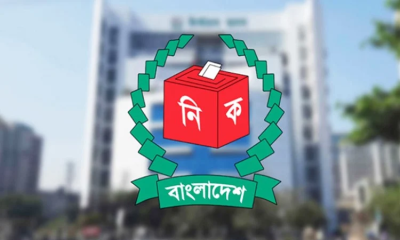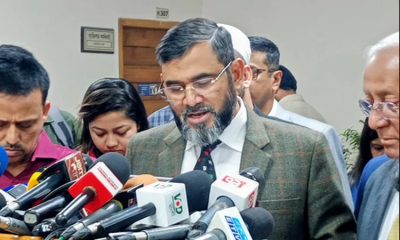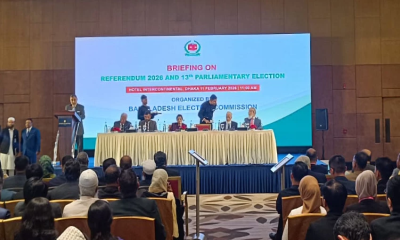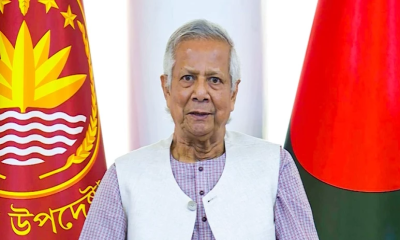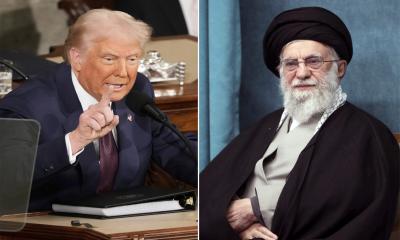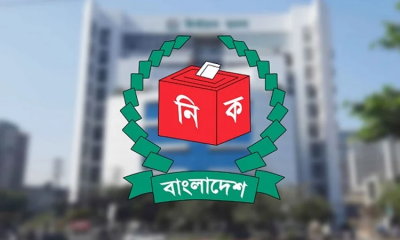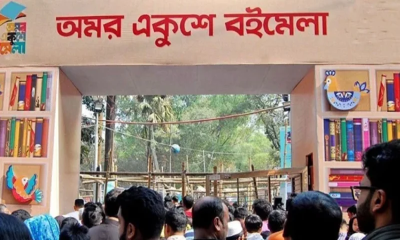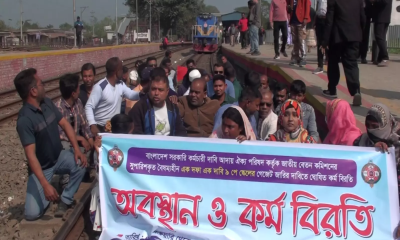Legal Adviser to the Interim Government, Professor Asif Nazrul, stated that when political parties fear losing power in the next election, they tend to restrain themselves—even if only out of fear—from violating human rights.
“But when a party no longer fears losing power, it turns into a monster. This has been evident under the prolonged rule of the Awami League,” he remarked.
He made these comments as the chief guest at the 11th Human Rights Conference organized by the Human Rights Support Society (HRSS) on Saturday morning at Dhaka University’s Muzaffar Ahmed Chowdhury Auditorium.
Prof. Nazrul emphasized that meaningful progress in human rights is impossible without addressing fundamental issues in the three key branches of the state—executive, legislative, and judiciary. “We must go to the root causes. Without fixing these areas, protecting human rights is unachievable,” he said.
Reflecting on Bangladesh’s political history, he noted that the period from 1991 to around 2012 was relatively healthy in terms of democratic transition through fair elections. “During Sheikh Hasina’s tenure, even as late as 2013, opposition candidates were still winning mayoral elections. That transparency no longer exists,” he said.
Nazrul added, “Some argue that elections aren’t everything. But look at our best years—from 1991 to 2012-13—when peaceful transitions of power ensured accountability to the people. Parties restrained themselves because they knew they could lose power.”
He pointed to the violence under the current ruling party, claiming that over a thousand people lost their lives and many more were left disabled during crackdowns on opposition movements. “This is the terrible price we`ve paid for unchecked power,” he said.
Despite the challenges, he urged hope. “We must stay hopeful, but our hope must be grounded in reality. Change won`t come overnight. But with credible elections over the next three to four terms, proper legal and administrative reforms, and a culture of human rights, we can move toward a better future.”
Other speakers included human rights activist and HRSS Chief Adviser Md. Nur Khan, Senior Human Rights Adviser of the UN Resident Coordinator’s Office in Bangladesh Huma Khan, Dhaka University Law Faculty Dean Professor Mohammad Ekramul Haque, BLAST Executive Director Sara Hossain, and Professor Saifuddin Ahmed from the Peace and Conflict Studies department. Victims and families affected by last year’s July–August political upheaval also spoke at the event.
Md. Nur Khan warned, “It’s been almost a year since the July–August uprising. We must not repeat the fascist abuses of the past. If we don’t stop the current trajectory, we risk destroying the entire democratic system.”
Sara Hossain stressed the importance of accountability. “We have two major responsibilities now: first, ensure justice for the human rights violations committed last year and before; second, understand why the law enforcement agencies went rogue. Simply offering compensation to victims isn’t enough—we must help rebuild their lives,” she said.


